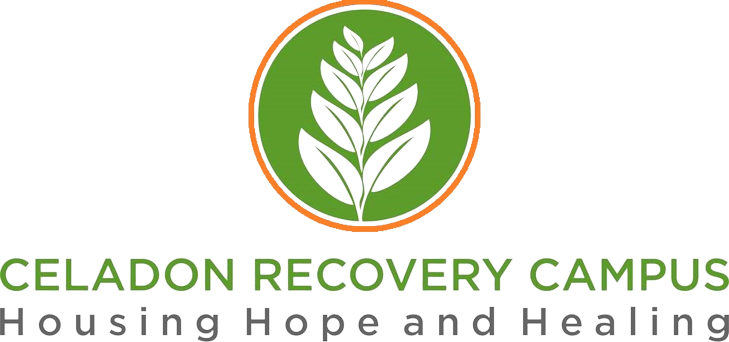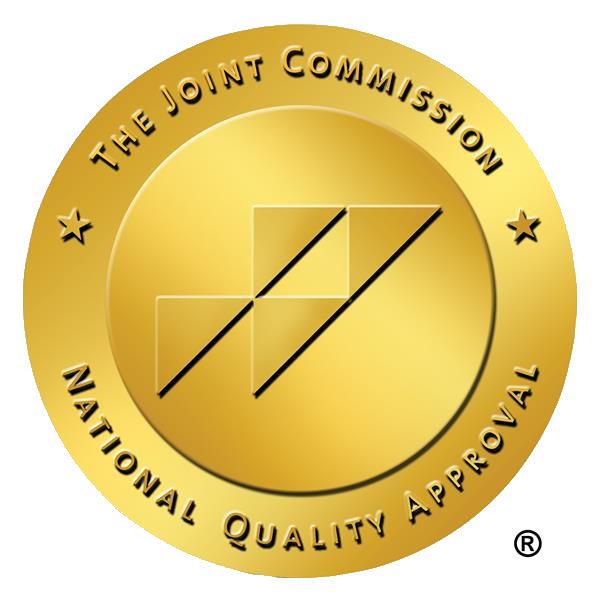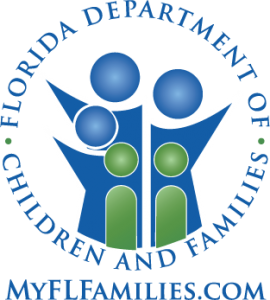Substance use disorder can wreak havoc on a person’s life in the form of different mental and physical problems. In fact, associated mental health issues are so common that there are two terms used when two or more disorders are present in the same person: dual diagnosis and co-occurring disorders. While these categorical phrases may look and sound the same, they are not. Confused? You’re not alone. With 46 million Americans experiencing addiction and 30 million people coping with a mental heath problem, it’s important to understand the fundamental (and practical) differences between these correlated mental health designations.
What is Dual Diagnosis?
Dual diagnosis is when a person is diagnosed with two or more medical conditions that happen at the same time. While the designation is often used for mental illness and substance abuse, it can indicate to any number of physical conditions occurring. This includes heart disease, cholesterol problems, or a serious mental health disorder such as bipolar depression. In dual diagnosis, the comorbidities are separate without connection to each other. However, both must be treated for a patient to achieve overall health and wellbeing. In fact, the person may not even be aware of dual health problem. Mental health disorders such as Schizophrenia, OCD, mood disorders, and split personality are usually treated as dual diagnosis.

What are Co-Occurring Disorders?
Co-occurring disorders are comparable to dual diagnosis, but only in the context of a primary substance use diagnosis. In essence, the additional mental health issue is the bi-product of drinking or using drugs. Or the person affected is self-medicating with substances to curb symptoms of a co-occurring disorder. This is more typical of two designations where the problems swirl in and around a person’s addiction problems. Co-occurring mental health disorders like depression, anxiety, trauma, and PTSD are most common when treating substance abuse and addiction.
What Is the Difference Between Dual Diagnosis and Co-Occurring Disorders?
The major distinction between dual diagnosis and co-occurring disorders is the type of the diagnosis. For dual diagnosis, while the illnesses detected could be caused by substance use, they are two (or more) entirely independent diagnosis(s). Distinguish that with co-occurring disorders, where mental illness may steer a person to self-treat symptoms with drugs and alcohol or the destructive effects of addiction led to the development of a minor mental illness such as depression or anxiety. The mental health disorder and addiction are inevitably linked and must be treated simultaneously. However, while co-occurring disorders may be treated at most rehabs, dual diagnosis care requires board-certification from AHCA and is viewed as a higher lever of psychiatric care.
Dual Diagnosis Treatment at Celadon Recovery
Whether you call it a comorbidity, dual diagnosis or co-occurring disorder, correct diagnosis(s) and treatment are fundamental to give you an excellent chance of recovery. It can be challenging to unravel many of the intersecting symptoms of substances and selected mental health disorders. That is why you need a board certified provider who understands the distinctions of a dual diagnosis.
At Celadon Recovery Campus, we specialize in mental health treatment in addition to substance use disorders to ensure the highest level of care. If you believe that your mental health condition has influenced a substance abuse problem (or the reverse), we’re here to help on our beautiful Fort Myers recovery campus.
About Celadon Recovery
Celadon is comprehensive addiction and mental health treatment center located along the shores of the Caloosahatchee River in Fort Myers, Florida. With a full-continuum of care including detox, residential, and outpatient programs, we are committed to quality substance use and co-occurring disorder care. Call us today at 239-266-2141.





